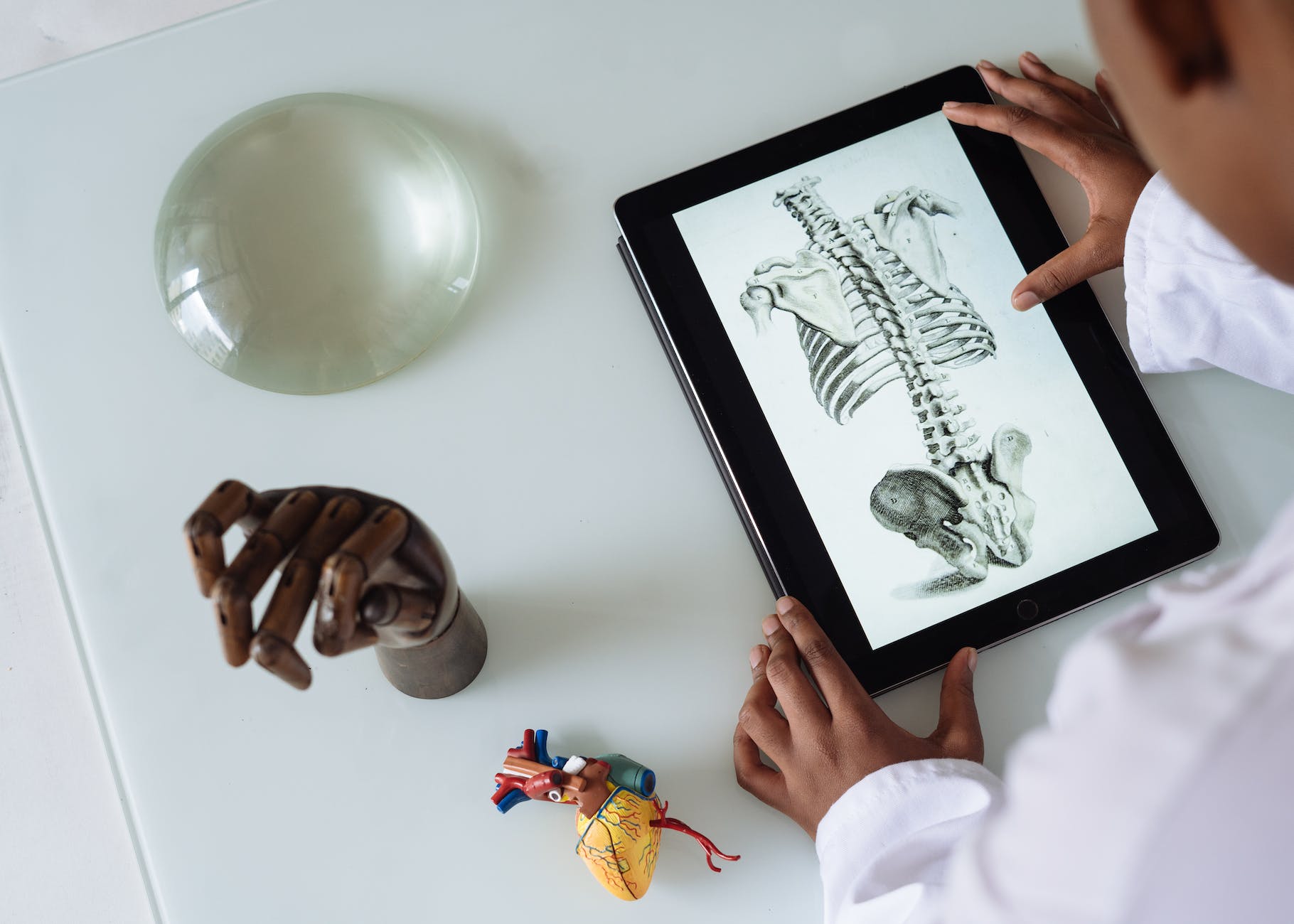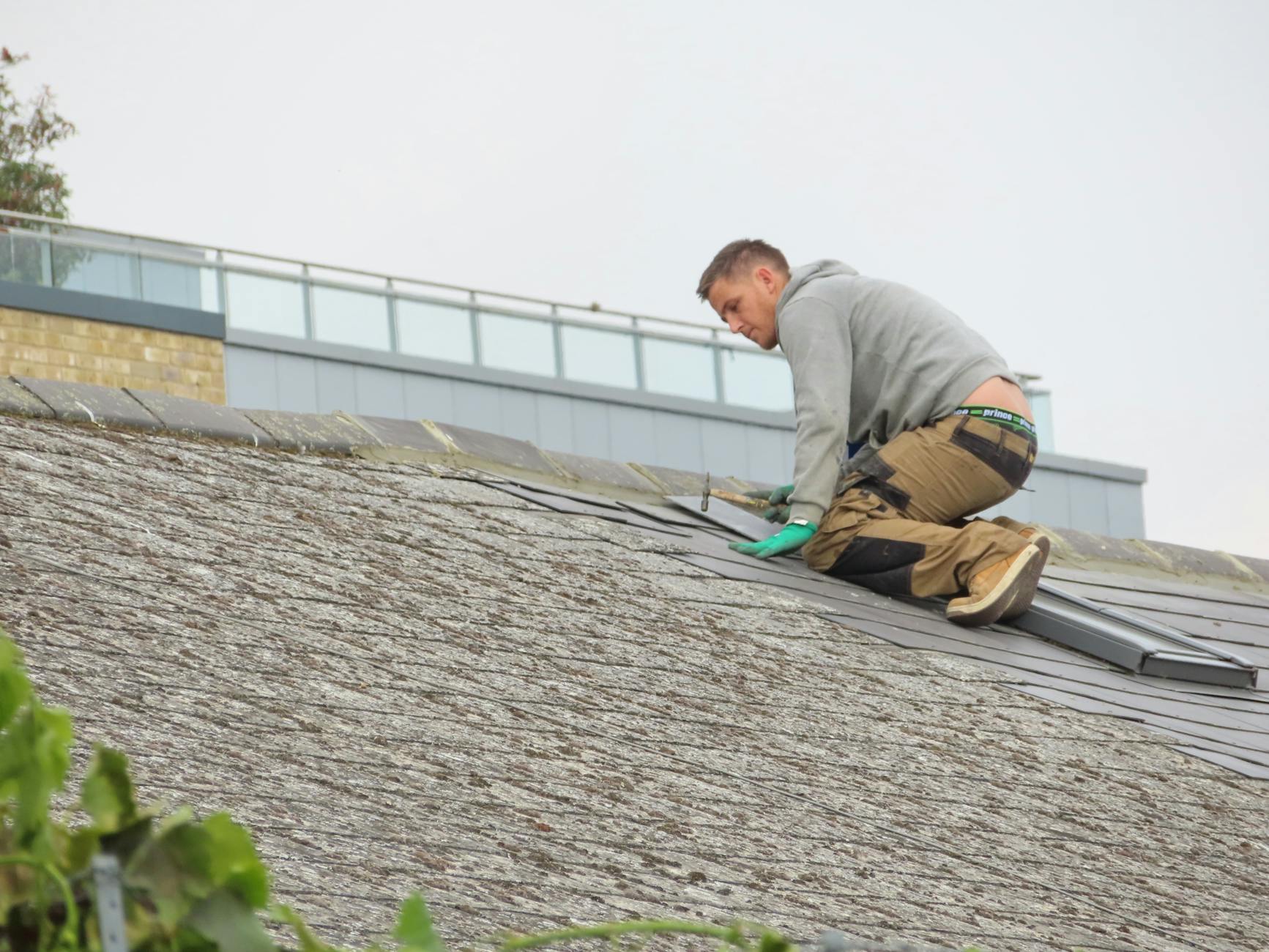I started requiring interview reports with local experts early in my career teaching freshman composition as part of the students’ major research project. I still think it is one of the best ways to help students focus their research. In more recent times, it has thwarted plagiarism and an overdependence on the internet for research. But the biggest reason I always leaned towards a local interview is that it helped students become more enthusiastic about their projects.

I have written about my “process over plagiarism” approach before and included the example of my student from a poor background who became excited about his project after interviewing a florist at the Biltmore Estate, but I have numerous other examples of how students have benefitted greatly from interviewing a local expert.
There’s the time a non-traditional age student and mother wanted to write about breast feeding in public (this seems like a non-issue, but this was over a decade ago, and I live in the Deep South, nuff said). She was a great student and had a good, balanced argument supporting the importance of breast feeding and why women who choose to breast feed in public should not be shamed. For her interview, she contacted the director at the La Leche League in our county. The student was happy to report that not only did she come away from the interview with a more focused topic, she also received valuable print materials to use as sources, made important contacts with experts, and walked out with a job! That’s right, this pre-nursing student was getting help with her research paper as well as gaining invaluable experience.

Another student wanted to focus on forensics (I got a lot of that when CSI was at its peak of popularity), but she was having trouble finding someone to interview. I suggested she reach out to the county coroner, which she did. The coroner turned out to be a woman who was particularly interested in what could be discovered about cause and time of death by looking at skeletal remains. My student met her at her office in the county courthouse where the coroner shared book titles with her and allowed her to take notes and make copies from texts on her shelf. She also showed the student samples of bones, explaining what she could determine from examining them. The student narrowed the focus of her research paper and at the same time found a new interest in a career as a forensic anthropologist.
One of the most interesting stories of the face-to-face interview I had was with a student who wanted to do his research paper on Habitat for Humanity in our county because he was opposed to the organization, thinking the group in our area discriminated in favor of the Hispanic population. My student was a non-Hispanic and of a non-traditional age. His opinion at the beginning of his research was that too much aid was going to Hispanic people to the detriment of the white population. You may be surprised that I allowed the student to write on the topic; however, I warned him that he should not write about it unless he was not willing to change his mind if he found that his assumptions about the project were untrue. He agreed. It was risky but after talking to him, a risk I was willing to take. Sidebar: Being a good teacher involves taking calculated risks. It doesn’t always work, but it did that time.

I can honestly say that in all my years of teaching, I have never seen a person so completely change after one interview. The thing is my student didn’t just interview one person who worked for Habitat for Humanity. Because he was a carpenter, he felt that the best way to find out what was really going on was to volunteer to work on a Habitat for Humanity project house within the Hispanic community of which he was suspicious. When he came to class after his first volunteer experience, he had a big smile on his face and admitted to me with no hesitation that he had been so wrong.
The idea of “sweat equity,” where the person who will receive the house works alongside those who have volunteered their skills, strongly appealed to my student’s work ethic, and he was impressed at how hard the people benefiting from the program worked on the house. After working with and talking to the future homeowners, he was convinced that Habitat for Humanity was an organization that gave a helping hand, not a handout. He became a long time Habitat for Humanity volunteer after that. One interview assignment had changed his attitude, and his life!

Of course, not every interview has been a life-changing experience for a student, some were actually complete duds, but students learned from negative experiences as well. They also learned how to prepare appropriate questions, contact someone they didn’t know, meet with that person, record answers, and summarize the interview in a report, then integrate that information into their paper.
Even if students failed to satisfy the requirements of the assignment, I was alerted to the student’s difficulties and often able to avert problems with the researched essay itself. I would often address these issues in the student conferences that I held before the students began working on their rough drafts.
More about student conferences soon.